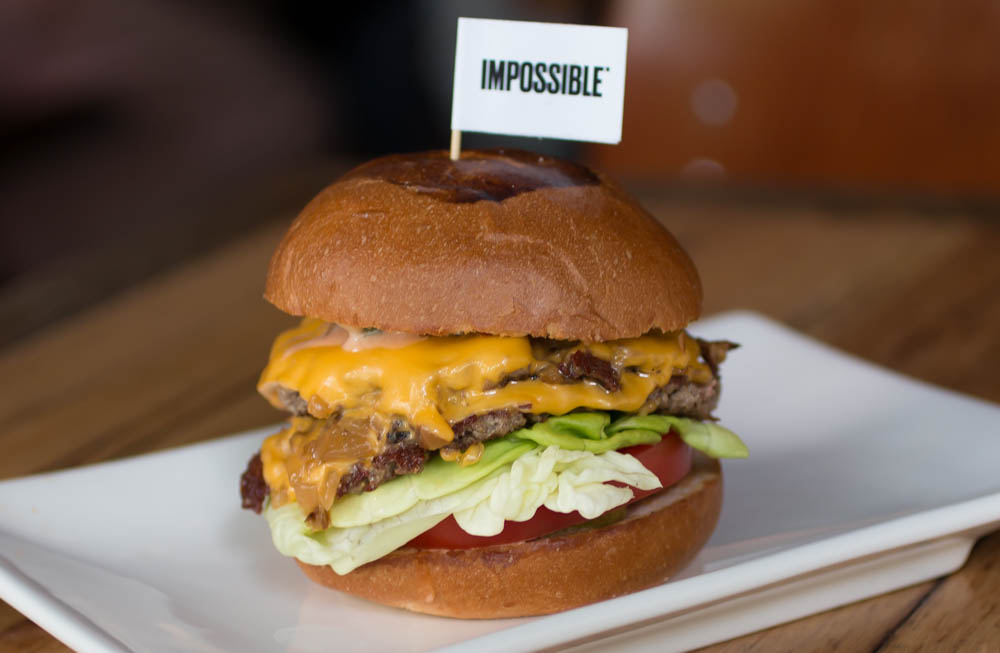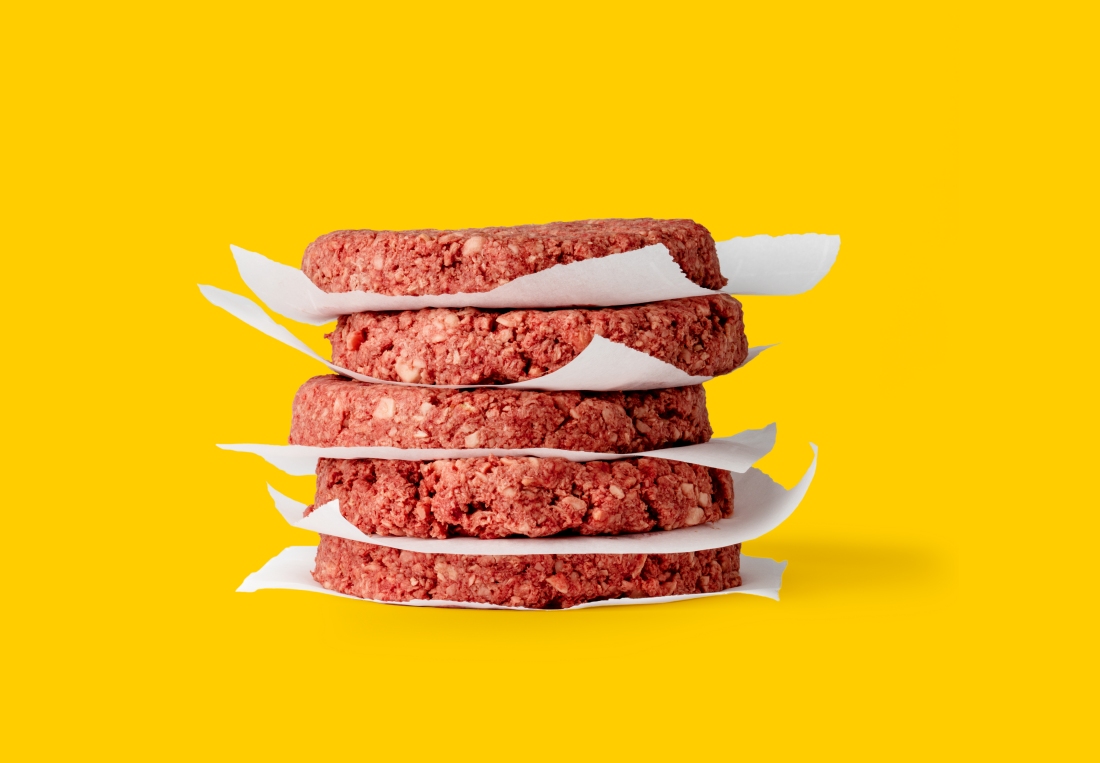Forward-looking: Combine the Impossible Burger with Creator's burger-making robots and you've got one of the most technically advanced burgers in town. The question is - would you eat a genetically engineered burger made by a machine?

The Food and Drug Administration has issued a no-questions letter to Impossible Foods for the key ingredient found in its plant-based Impossible Burger.
The ingredient in question, a protein called soy leghemoglobin, is normally found in the roots of soy plants. It carries an iron-containing molecule called heme which gives the meat alternative that familiar meat-like taste (it even bleeds like the real thing). But because soy leghemoglobin isn’t something humans normally eat, the FDA had some additional questions when Impossible Foods voluntarily applied for a GRAS, or “generally recognized as safe,” review in 2014.
After submitting additional testing data including a stringent rat feeding study, the FDA has finally given soy leghemoglobin its seal of approval.

“We have no questions at this time regarding Impossible Foods’ conclusion that soy leghemoglobin preparation is GRAS under its intended conditions of use to optimize flavor in ground beef analogue products intended to be cooked,” the FDA said.
Impossible Foods founder and CEO Pat Brown told Wired that from a legal standpoint, the ruling doesn’t change anything as they’ve been free to sell the product all along. But from a perception standpoint, Brown said, it’s really important.
The Impossible Burger is already available in nearly 3,000 locations across the US and Hong Kong. You can get it at select Fatburger, Hopdoddy, The Counter, Umami Burger and White Castle restaurants. According to the company, producing the Impossible Burger uses about 75 percent less water, generates about 87 percent less greenhouse gases and requires nearly 95 percent less land than conventional ground beef sourced from cows.
Lead image via Isai Rocha, Foodbeast
https://www.techspot.com/news/75660-meat-free-impossible-burger-safe-eat-fda-declares.html